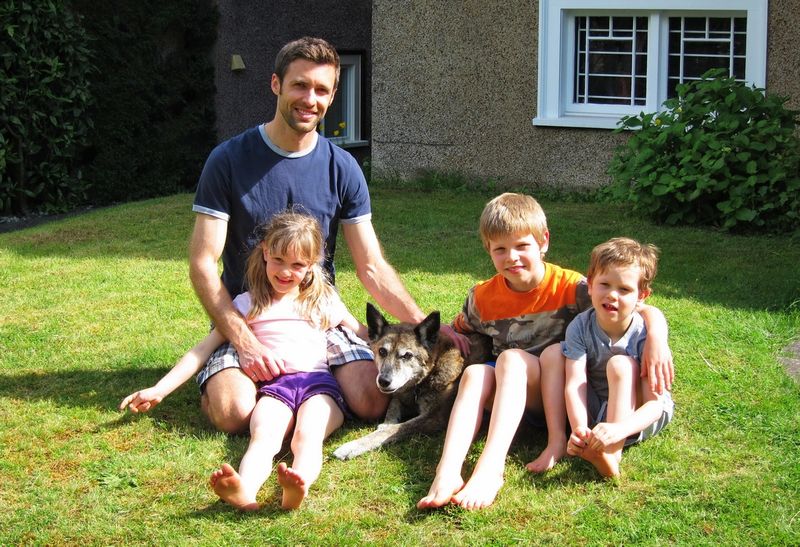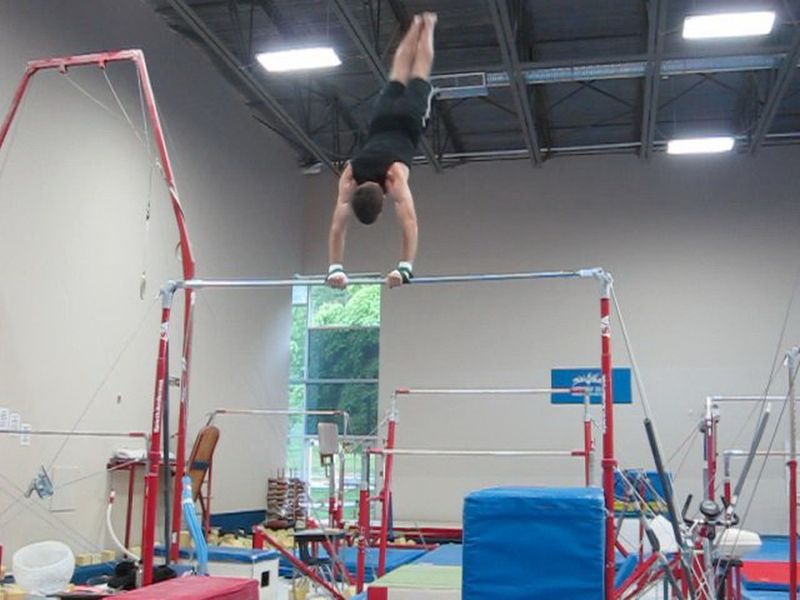The search for happiness, fulfillment, and prosperity for ourselves and our loved ones is universal and continuous.
How do we know if we should be approaching this search more seriously, or in a different way? These signs may be telling us:
- Do you feel like your day is out of sync with your deepest desires for your life?
- Are the most meaningful things in your life absent, or missing the attention they deserve?
- Do you have nagging unfulfilled goals?
- Do you feel confused about where to spend your time?
- Looking back at the end of the day, or the end of the year, do you feel regretful?
As a Systems Engineer, I undertook this quest as a process of Life Design: following a series of deliberate steps to create an intentional life.
For me, the end goal I achieved is a life where I can invest almost all of my time and energy into my family and exploration of nature and the world, working minimally when and where I want, with enough material resources to live comfortably in an expensive city without money worries.
I’ve documented this reproducible process of Life Design and offer it to you to achieve your own personal goals, whatever they may be.
Life Vision
I’m not the first to say it, but it’s true:
Without a destination it’s hard to know which path to take.

Before we can design our Ideal Life, we need to know what that life is.
Once we can picture it, we capture that image in a concise series of statements that will serve as our guide for all future actions and decisions.
But of the limitless options open to us in crafting a life, how do we define the most important aspects, the ones that really make us Who We Are and Who We Want to Be?
Roles
Many people find it helpful to start by reflecting on the various roles you play in your life, and then determine the big goals you have for yourself in each role.
You have family roles, friendship/social roles, roles in your career and recreation and hobbies, etc. Where does most of your time go and what role were you playing during those activities?
List these roles, and where you have a cluster of minor roles, you may wish to define a category of life activity in place of a specific role. Most people will have 5-10 major roles/categories, including one or more family, relationship, and career roles:
Family
- You are a Parent, Child, Aunt/Uncle, etc., depending on who you devote the most time to.
Relationship
- You are a Spouse, Significant Other, Active Relationship Seeker, or perhaps just a close Friend.
Career
- You may wear several hats at work or in your self-employment that you might want to separate. In addition to your main work, you may be a Mentor, Coordinator, Advisor, etc.
Other Roles
You may wish to be specific about what big roles you play in other areas of life, or keep it broad with a category representing several smaller roles.
For example, certain recreation or skills may define you and take a lot of time and focus, like Yoga Enthusiast, Carver, Skier, Pianist.
Or under volunteer work, you may be a Director, or a Soccer Coach.
For myself, I chose to leave these categories broad as I pursue at least a few smaller activities in each.
Case Study
For example, the key roles/categories that I defined for myself are Father / Relationship / Self / Health & Recreation / Career / Skills, listed in order of importance, where I define importance as deserving focus.
Father and Relationship are self-explanatory and for me, equally important, but the Father role is more demanding and obligating so is listed first.
The Self role represents self-development and self-care to internally become the person I want to be. I’m comfortable listing this third as I feel I get enough “me time” without working too hard at it.
Health & Recreation encompasses my nutrition, physical activity, sport, and time in nature pursuits. Some minor roles I play in this category include rock climber, hiker, backpacker, biker, skier, traveler.
Career includes all self-employment, entrepreneurial, real estate, investing, and financial management roles. My main role is as entrepreneur maintaining and building my businesses.
Skills includes my roles as amateur writer, composer, musician, and any other on-going skill-based pursuit.
Take Action–Write it Down
Decide how you’re going to document your vision. I prefer digital to paper as it makes revisions easy—we should be updating our vision regularly after all.
I use a Word document on Dropbox, but a Google Doc or any other word processing software that can easily organize content with headings and tables will work well.
I’ve put together some templates to get you started–to gain access, just subscribe to my newsletter below and you’ll get a link in the welcome e-mail. I don’t send frequent messages, and you can always unsubscribe.
Life Goals
Now that you’ve identified your main roles/categories for your life, make as many life goals for each one as you can think of. Don’t worry about being exhaustive to start as you will add more as they come to mind. The most important thing is to get your brain thinking about it, and writing it down.
Some goals will be immediately obvious. Others may take some effort to get clarity on. An extremely useful activity to aid this process is to visualize yourself at the end of your life:
- What sort of person do you want to be at the end of your life?
- How do you want people to think of you, to remember you?
- What would you want them to say of you at your funeral?
- What will you regret if left undone?
- What will you be most happy that you did?
These are exactly the things we should be working on. Again, it comes down to two core questions: Who do you want to be? What do you want to do?
Life Vision Statements
After getting your list of goals together, write a single line summary of each role/category to give you succinct vision statements.
For example, here are some of my high level goals and subsequent Vision Statements:
Family Goals
- Be a kind, patient, connected father in a deliberate family culture
- Be able to talk to my children, always
- Give my children significant opportunities for learning morals and ethics, social dynamics and confidence, business, science, language, music, and culture
Vision Statement: To be a kind, patient, connected father
Health/Recreation
- Eat healthfully (home cook balanced meals, buy organic meats, avoid processed foods, drink water)
- Regularly work out (weight lift, gymnastics, rock climbing) and stretch
- Regularly play sports and voyage through the outdoors
- Regularly improve dance skills
- Gymnastics: perform a giant, a standing backflip, a parallel-bar handstand, and a trampoline routine
- Rock Climbing: climb the Chief, climb a long horizontal ceiling
Vision Statement: To continue to travel & dance & adventure outdoors & create music
Career
- Own and run my own small businesses while continually advancing my career
- Work <20h/wk from home and while traveling on my own schedule
- Maintain my quality of life economically and keep increasing my savings
Vision Statement: To have a rewarding career that doesn’t limit my freedom
Role Priorities
You’ll probably act in each role at different times throughout your week.
Sometimes, different roles will be in competition and upset a healthy balance of how your time is distributed. For example, work deadlines may interfere with family time, or family obligations may interfere with exercise time.
Some of these conflicts are unavoidable, but some are in our control.
When we have choices of how to use our limited time, it’s useful to know our core priorities.
Looking at our actions isn’t always the best way to identify priorities, as urgency tends to take precedence over importance. Getting clear on our priorities, our most important roles, helps us to make the difficult decisions between options when they come up.
And sometimes we may identify unhealthy trends emerging where a lower priority role keeps interfering with a more important role (the stereotypical example is career interfering with both family and health).
When we see this happening, we may need to contemplate some larger life changes.

Summary
We now have clarity on our most important missions in each of the main areas of our life. Go to Life Design Step #2 to see how we fulfill those missions!
Need A Hand?
I’m currently offering volunteer 1:1 support in creating and following your Life Vision to a few people who request it.
If you’re serious about working through this process and feel like you’d benefit from a hand, get in touch and tell me about yourself and your mission.
Get My Free Templates
To use my free Life Design templates, just subscribe to the newsletter below–you’ll get the link in the welcome message and can unsubscribe at any time.







